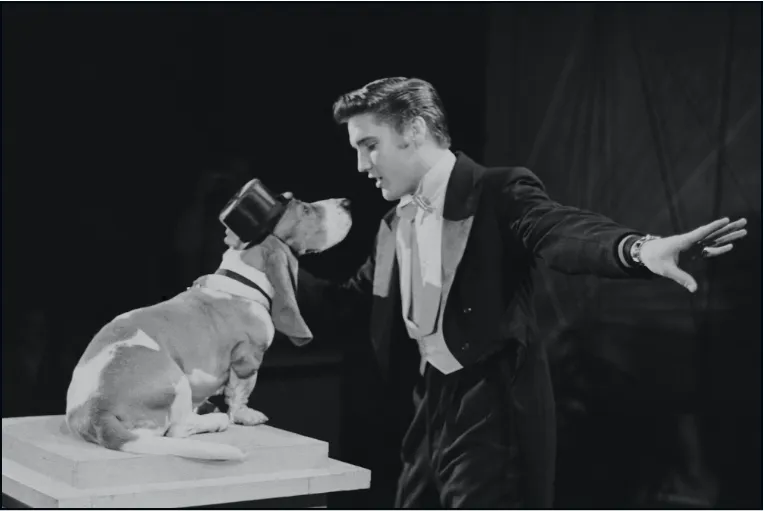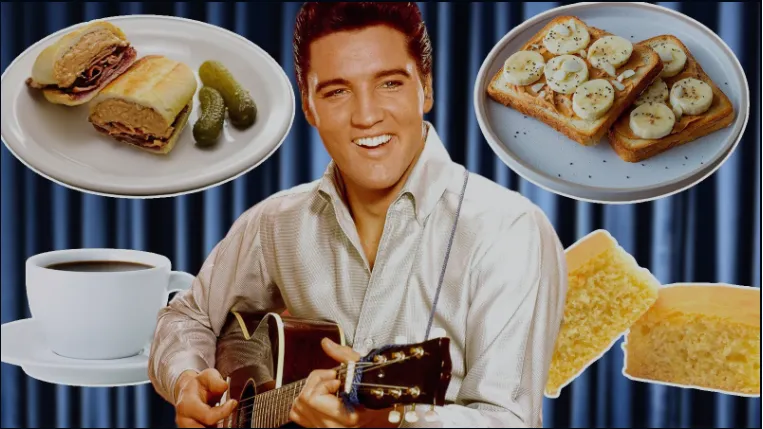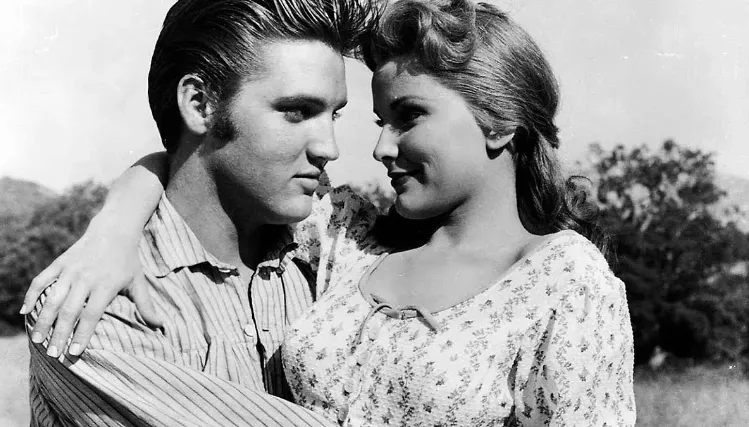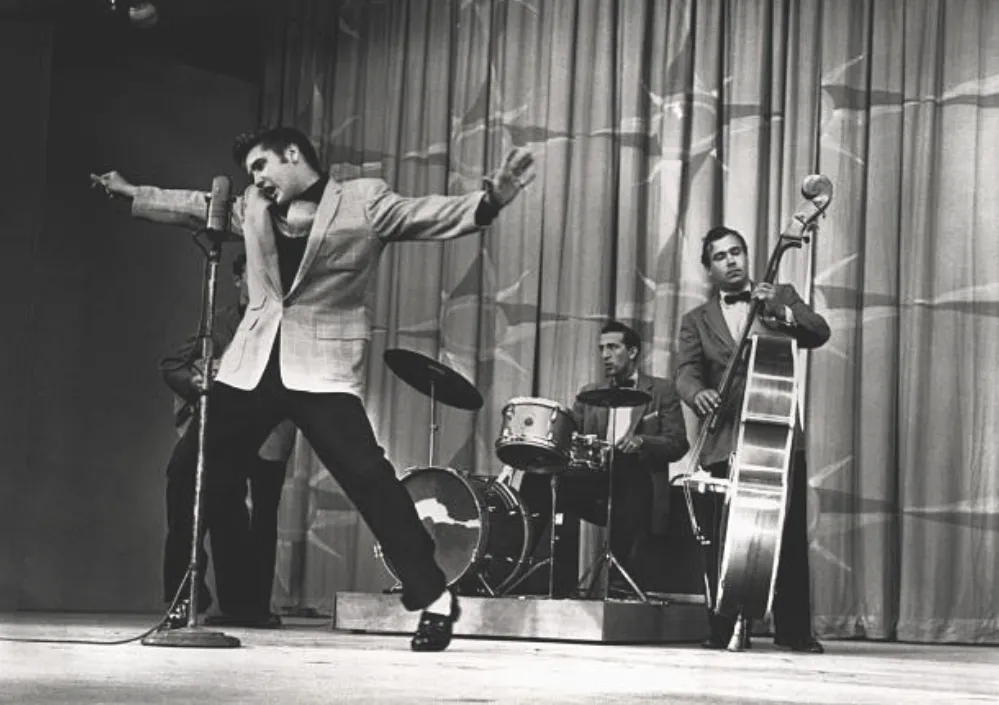As a hard-headed hell-raiser and a notorious party animal, Dennis Hopper developed a tendency to burn bright and then flame out. However, no matter how often he was written off, the enigmatic star always found a way to get back into Hollywood’s good graces.
His career couldn’t have gotten off to a better start, with Hopper gaining early prominence for starring alongside James Dean in Rebel Without a Cause and Giant before being directed by the legendary John Sturges in classic western Gunfight at the OK Corral with Burt Lancaster and Kirk Douglas.
Hopper would then share the screen with John Wayne and Dean Martin in The Sons of Katie Elder, which ended up pumping the brakes on his ascension when he got on the wrong side of director Henry Hathaway. He was effectively blacklisted for a while until the very same director welcomed him back into the fold and re-teamed him with ‘The Duke’ on True Grit.
That was the same year Easy Rider was released, which transformed Hopper into a counterculture icon. Unfortunately, the wayward actor virtually destroyed that goodwill in one fell swoop when his metafictional directorial effort, The Last Movie, went off the rails.
This being Hopper, though, he bounced back yet again with Francis Ford Coppola’s Apocalypse Now and thrived in David Lynch’s Blue Velvet before the late 1980s and early 1990s led to another downturn. Decent roles were coming few and far between, but because he’d already proven it was foolish to write him off, the resurgent actor worked his way back up the ranks by choosing a range of different parts.
Sean Penn’s crime drama The Indian Runner, acclaimed noir Red Rock West, action blockbuster Speed, Tony Scott’s twisted True Romance, and Kevin Costner’s post-apocalyptic Waterworld allowed Hopper to display his multitudes, even if Super Mario Bros is best being forgotten for the sake of context.
It wasn’t his first comeback, and one of the main reasons why Hopper was so skilled at refusing to go away is because of some sage advice dispensed by Elvis Presley in the 1950s. As often tended to be the case when the ‘New Hollywood’ pioneer was involved, there was inevitably some debauchery involved.
“Each one’s different,” he reflected on his deliberate desire to alternate between as many disparate parts as possible, per IndieWire. “That’s what Elvis told me.” Of course, ‘The King’ wasn’t reflecting on his own experiences on the silver screen but on his status as one of the most desirable men on the face of the planet.
“I went to see him in the Beverly Wilshire, and he had six women waiting for him, all who I knew and all who I knew didn’t fool around, and all who were going in for a quickie,” he explained. “So he would take another one in, another 20 minutes, another one would go out and in there. And I said, ‘Elvis, are you fucking all those women?’ He said, ‘Yeah’. And I said, ‘How the hell do you get it up, man?'”
Revealing why he didn’t suffer from any dysfunction in the junction, Presley told it to Hopper straight; “Each of them’s different; that’s all I can tell you.” Deciding to take that advice and apply it to his onscreen pursuits, the many comebacks Hopper enjoyed were all driven by Elvis being a mad shagger, which in its own unique way inspired him to diversify and take on as wide a range of parts as possible.



